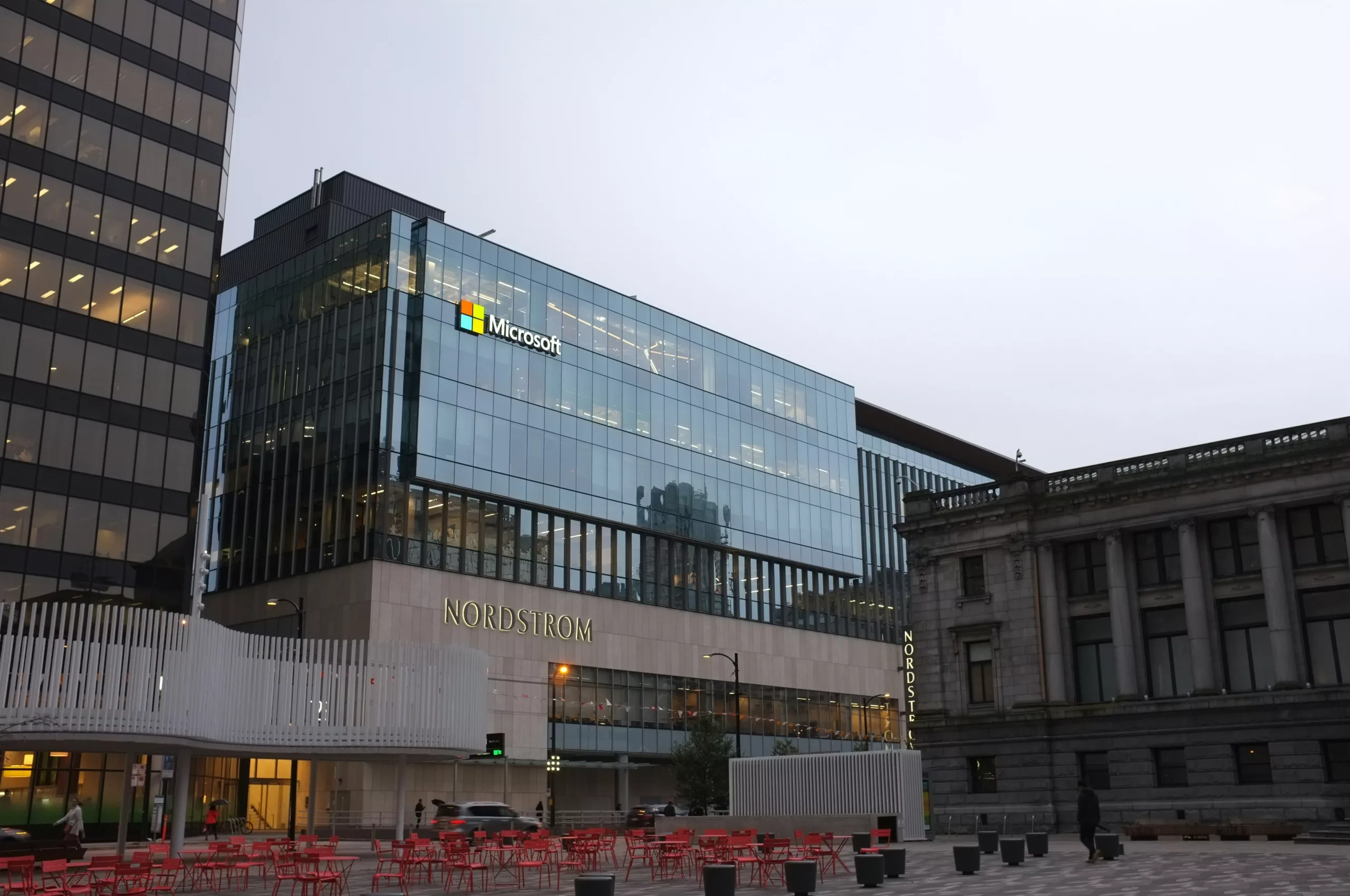In a significant move to address privacy concerns and security concerns, Microsoft has announced modifications to its Recall feature in Windows 11. Initially planned to be enabled by default, this AI-powered feature, which takes screenshots of user activities, will now be an opt-in option. This decision comes after intense scrutiny from privacy advocates and cybersecurity experts who highlighted potential risks associated with the feature.
The Controversy Surrounding Recall
The Recall feature was introduced as part of Microsoft’s upcoming Copilot Plus PCs. The feature leverages local AI models to capture screenshots of nearly everything a user does on their PC, allowing for quick search and retrieval of past activities. While designed to remain local and private, the initial implementation raised significant privacy concerns.
Cybersecurity experts, including Kevin Beaumont, discovered that Recall stored data in plain text within a database. This vulnerability could have been exploited by malware, allowing unauthorized access to sensitive information. The potential for such exploitation led to widespread criticism and the development of tools like TotalRecall and NetExec, which could extract and display Recall data.
Microsoft’s Response to Privacy Concerns
In response to these concerns, Microsoft has decided to make Recall an opt-in feature. This means that users will have to explicitly choose to enable the feature during the setup process of new Copilot Plus PCs. “If you don’t proactively choose to turn it on, it will be off by default,” stated Windows chief Pavan Davuluri.
To enhance security, Microsoft has also integrated Windows Hello authentication into the Recall feature. Users will need to authenticate with their face, fingerprint, or a PIN to enable and access Recall. Additionally, proof of presence will be required to view the timeline and search within Recall, ensuring that unauthorized individuals cannot access the stored snapshots.
Enhanced Data Protection Measures
Further bolstering security, Microsoft is adding multiple layers of data protection around the snapshots created by Recall. The snapshots will be protected by Windows Hello Enhanced Sign-in Security (ESS), ensuring they are only decrypted and accessible when the user authenticates. Additionally, the search index database has been encrypted to prevent unauthorized access.
These changes are part of Microsoft’s broader Secure Future Initiative (SFI), aimed at overhauling its software security practices following several significant cybersecurity incidents. Under this initiative, the company emphasizes security over new feature development, a priority highlighted by CEO Satya Nadella in a recent internal memo.
For users, these changes mean greater control over their privacy and enhanced protection against potential security threats. Only new Copilot Plus PCs, designed as secure-core PCs with advanced firmware safeguards and the Pluton security processor, will feature Recall. These devices are built to protect against personal data theft, reinforcing Microsoft’s commitment to security.
Developers and enterprises can also benefit from these changes, as Microsoft continues to prioritize privacy, safety, and security in its product development. The company remains committed to listening to customer feedback and evolving its experiences in meaningful ways.
Conclusion
Microsoft’s decision to make the Recall feature an opt-in option in Windows 11 represents a significant shift in response to privacy and security concerns. By integrating robust authentication measures and enhancing data protection, the company aims to provide a secure user experience. As Microsoft continues to refine its security practices under the Secure Future Initiative, users can expect a stronger focus on protecting their privacy and data.
By addressing these concerns head-on and implementing necessary changes, Microsoft demonstrates its dedication to creating a safer digital environment for all its users.
More News: Tech News


